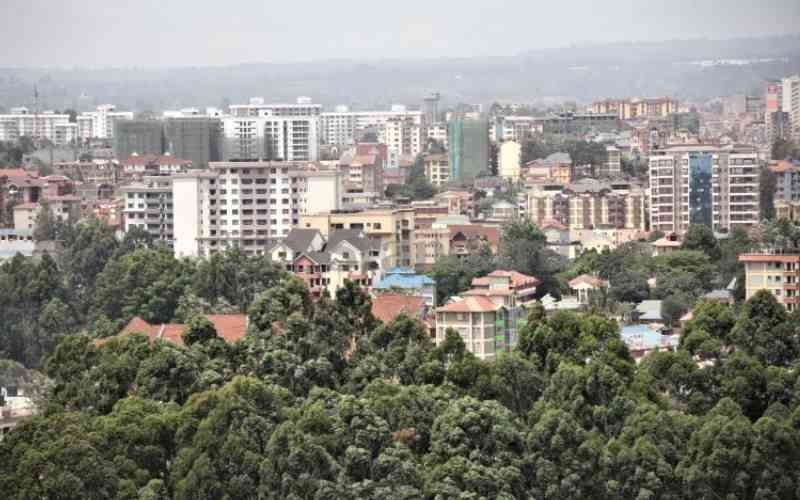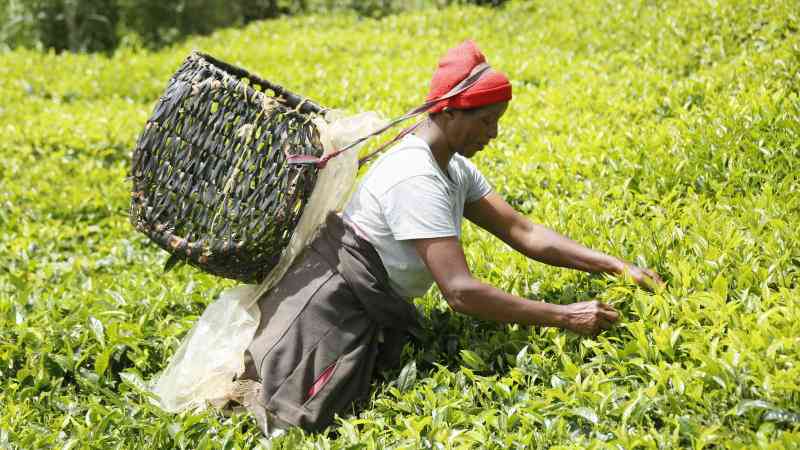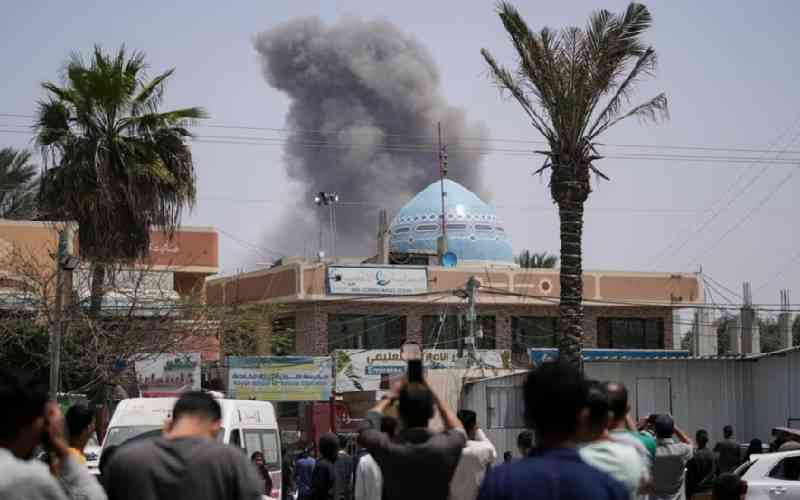Imagine of a nation where economies grow by consumption and not production, where individuals take up power with the mentality of it is our time to eat rather than its time to expand the pie. Where the bulge of the private sector is enhanced by collapsing the public sectors rather progressive innovation, where the figures of economic growth is justifiable irrespective of neither the process nor the trickle-down effect to the people.
Where heroes are drawn from those who reap from public funds; where development is conceived as construction irrespective of the cost. I recently had a discussion with a colleague on what is national development? How best political parties should conceive of development to the people?
The conceptualisation of development has been skewed toward the economic indicators while neglecting the set of social and political values that determine the process of economic development. Development however, should encompass improvement of the wholesome well-being of every citizen so that they can reach their full potential, journey towards their dreams with dignity, confidence and hope. It's about investing in the people beyond physical structures.
It's about building national values, norms and political ideologies that transforms the thinking and mindset of the populace towards a progressive, sustainable and self-reliant future that is safeguarded by the people's beliefs and not necessarily the law; it's about creating a socio-political environment that bring the best out of every citizen.
Social reconstruction
A society is defined by the norms, values as well as the belief system. Kenya like any society must begin to reflect clearly on redefinition of her national goals; development of a common belief system that is based on specific value standards as part of national social reconstruction. In this redefinition, the capacity of political leadership would be determined by their belief in these national values, their history of upholding these national values and their ability to improve structures as well as systems that is capable of entrenching these values into the nation's culture.
These values in essence would impact on how other social development parameters are achieved. For example the national norms would determine the character of how business is done, how political processes are undertaken, mode of engagement with the international partners and how the population interact socially.
While Kenya has done a lot in creating legal frameworks that obliquely bring out some of these values, the implementation is still plastic because leaders and persons have learnt the art of camouflaging the law to negate the very values they advise their children to uphold. In other words, the Kenyan in church is different from the Kenyan in the house and is actually different from the Kenyan in the house of worship. The question is, how can this Kenyan be made one out from three? When it comes to inculcating culture, values systems and belief; the need to go beyond law is significant.
Desire to acquire power
Political leadership must aspire to lead the people to what is right for the country. For once benevolence should precede the desire to acquire power. There is no need of a country achieving significant economic progress when the people steal in the process or when the people die in the process or when the hatred between the people deepens in the process. The need to define national progress beyond new roads or physical structures is paramount.
As an indicator for development track record of an individual leader, a political party or a political ideology, we must emphasize on societal progress that moves the nation toward the ideals of national unity and a single nation. Political coalitions are just but a step towards entrenching a single national identity. The biggest task is whether the coalitions are capable of advancing the nation towards common values, belief system and a common national goal that make the people think beyond their ethnicities.
Remember that poverty is not only the inability to provide for one's own, one's family's material needs by cash transaction but also the absence of an environment conducive to human well-being conceived in both spiritual and community terms
The writer is an expert on governance, international relations and is the Director for Alumni and International Students Office at JKUAT Email: [email protected]
 The Standard Group Plc is a
multi-media organization with investments in media platforms spanning newspaper
print operations, television, radio broadcasting, digital and online services. The
Standard Group is recognized as a leading multi-media house in Kenya with a key
influence in matters of national and international interest.
The Standard Group Plc is a
multi-media organization with investments in media platforms spanning newspaper
print operations, television, radio broadcasting, digital and online services. The
Standard Group is recognized as a leading multi-media house in Kenya with a key
influence in matters of national and international interest.
 The Standard Group Plc is a
multi-media organization with investments in media platforms spanning newspaper
print operations, television, radio broadcasting, digital and online services. The
Standard Group is recognized as a leading multi-media house in Kenya with a key
influence in matters of national and international interest.
The Standard Group Plc is a
multi-media organization with investments in media platforms spanning newspaper
print operations, television, radio broadcasting, digital and online services. The
Standard Group is recognized as a leading multi-media house in Kenya with a key
influence in matters of national and international interest.








